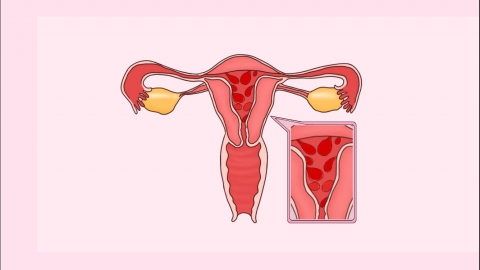Does a 40-year-old with uterine polyps necessarily require surgery?
Generally, whether a 40-year-old woman with uterine polyps requires surgery depends on the specific characteristics of the polyps, symptom presentation, and the patient's individual needs. If abnormal symptoms are present, prompt medical evaluation is recommended to establish an accurate diagnosis. Detailed analysis is as follows:

If the uterine polyps are benign, small in size, and not causing symptoms such as abnormal vaginal bleeding or menstrual irregularities, and if the patient has no immediate plans for pregnancy and no family history of cancer, surgical intervention may be deferred. In such cases, close monitoring with regular follow-up exams—confirming no significant growth of the polyps—can serve as an alternative to immediate surgery.
However, if the polyps are large, growing rapidly, or associated with prolonged menstruation, irregular bleeding, post-coital bleeding, or if pathological examination indicates precancerous changes, or if the patient desires pregnancy and the polyps may interfere with conception, surgery should not be delayed. Timely removal of the polyps is recommended to prevent worsening symptoms or other health complications.
In daily life, maintain good external genital hygiene by washing with warm water and frequently changing cotton underwear to avoid unclean contact. Diet-wise, reduce intake of spicy foods and those high in estrogen, and increase consumption of fresh fruits and vegetables. Maintain a regular sleep schedule, avoid staying up late, and keep emotions balanced. Follow the doctor’s recommendations for routine gynecological ultrasound examinations, track menstrual cycles and bleeding patterns, and promptly communicate any abnormalities to your healthcare provider.











